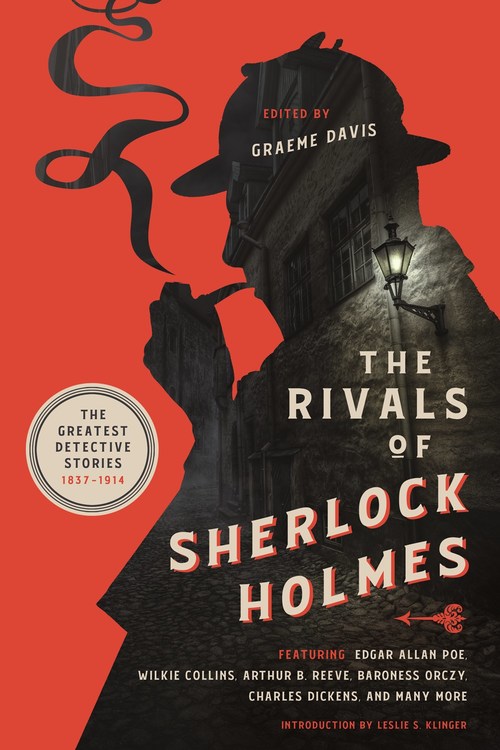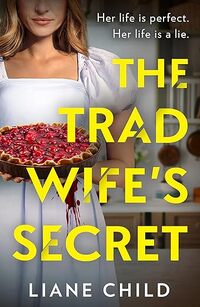

Purchase
The Rivals of Sherlock Holmes
Graeme Davis
The Greatest Detective Stories: 1837-1914
Pegasus Books
June 2019
On Sale: June 4, 2019
364 pages
ISBN: 1643130714
EAN: 9781643130712
Kindle: B07KGHBZTP
Hardcover / e-Book
Add to Wish List
Mystery
This masterful collection of seventeen classic
mystery stories, dating from 1837 to 1914, traces the
earliest history of popular detective
fiction.
Today, the figure of Sherlock
Holmes towers over detective fiction like a colossus—but it
was not always so. Edgar Allan Poe's French detective
Dupin, the hero of "The Murders in the Rue Morgue,"
anticipated Holmes' deductive reasoning by more than forty
years with his "tales of ratiocination." In A Study in
Scarlet, the first of Holmes' adventures, Doyle
acknowledged his debt to Poe—and to Émile Gaboriau, whose
thief-turned-detective Monsieur Lecoq debuted in France
twenty years earlier.
If "Rue Morgue" was the first
true detective story in English, the title of the first
full-length detective novel is more hotly contested. Two
books by Wilkie Collins—The Woman in White (1859)
and The Moonstone (1868)—are often given that
honor, with the latter showing many of the features that
came to identify the genre: a locked-room murder in an
English country house; bungling local detectives outmatched
by a brilliant amateur detective; a large cast of suspects
and a plethora of red herrings; and a final twist before the
truth is revealed. Others point to Mary Elizabeth Braddon's
The Trail of the Serpent (1861) or Aurora
Floyd (1862), and others still to The Notting Hill
Mystery (1862-3) by the pseudonymous "Charles
Felix."
As the early years of detective fiction gave
way to two separate golden ages—of hard-boiled tales in
America and intricately-plotted, so-called "cozy" murders
in Britain—the legacy of Sherlock Holmes, with his fierce
devotion to science and logic, gave way to street smarts on
the one hand and social insight on the other—but even though
these new sub-genres went their own ways, their detectives
still required the intelligence and clear-sightedness that
characterized the earliest works of detective fiction: the
trademarks of Sherlock Holmes, and of all the detectives
featured in these pages.
Comments
No comments posted.
Registered users may leave comments.
Log in or register now!
| 


 © 2003-2025 off-the-edge.net
all rights reserved Privacy Policy
© 2003-2025 off-the-edge.net
all rights reserved Privacy Policy